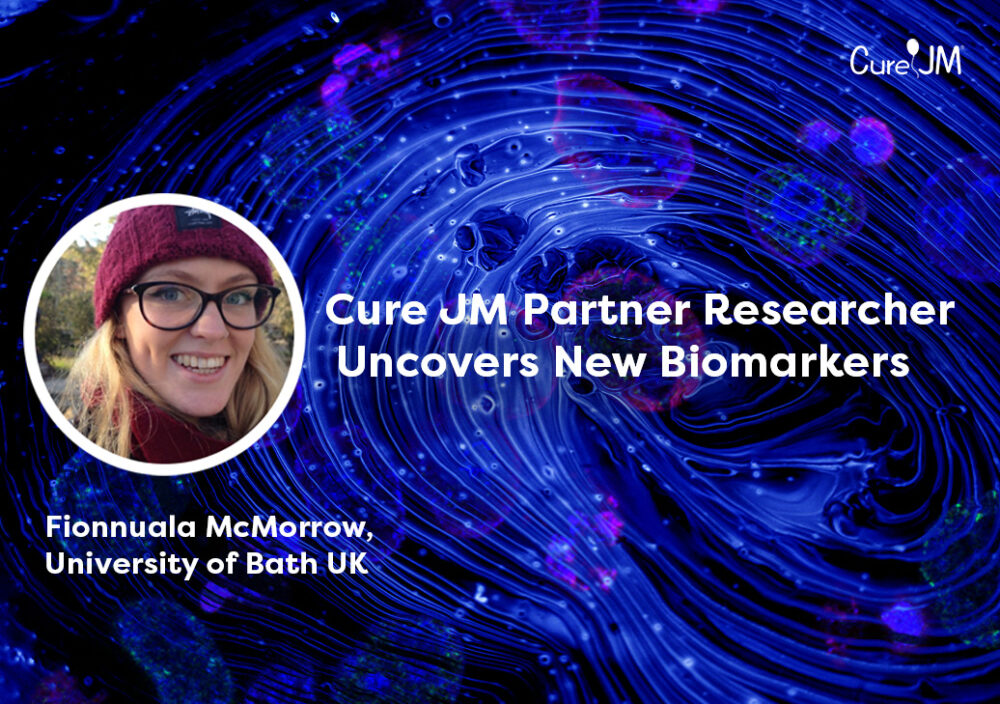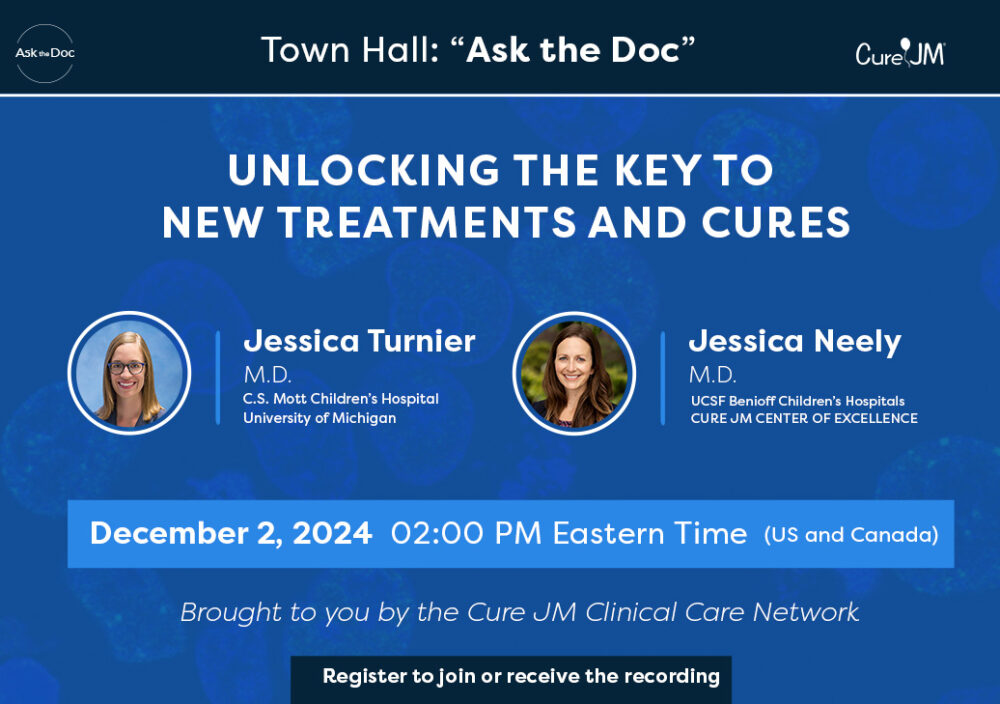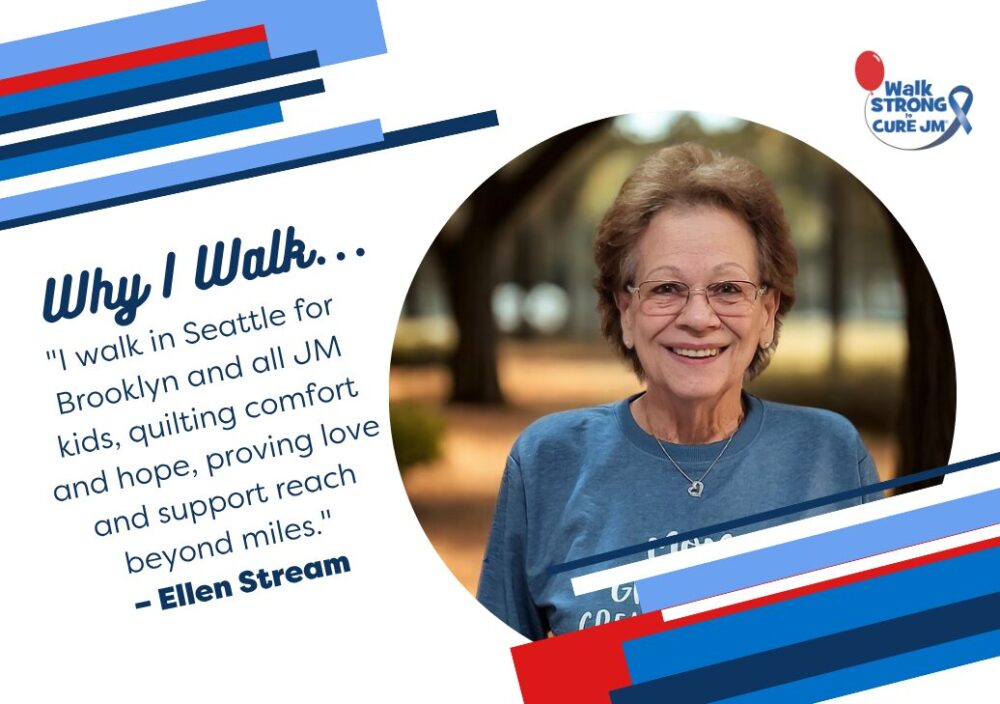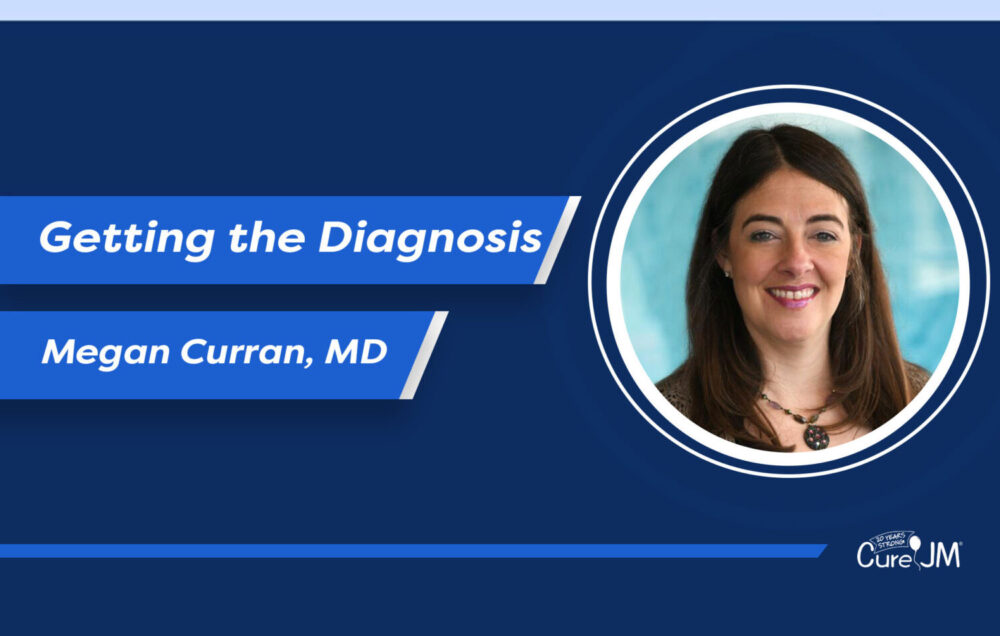With your financial support, Cure JM is proud to have funded Fionnuala McMorrow, a Postgraduate Research Student in the Department of Life Sciences at the University of Bath, to embark on a critical research project while pursuing her Doctor of Philosophy at the University of Bath, United Kingdom.
Through this work, Fionnuala has gained valuable skills that will shape her future in research. We are hopeful she will continue contributing to the field and become a leading figure in the study of juvenile myositis. An important pillar of our mission has been to invest in the next generation of clinicians and researchers, to continue our progress toward a future free of JM.
Key Research Findings:
- Understanding New Biomarkers:
- Fionnuala’s team analyzed blood samples from the UK to investigate two specific biomarkers (anti-CCAR1 and anti-Sp4) recently identified in U.S. patients with JDM and related conditions. They discovered that, in children with JDM, one marker called anti-CCAR1 is as common in the UK as in the U.S. These findings are now being shared with the scientific community.
- New Discoveries in JDM Patients:
- The team also identified new autoantibodies in JDM patients who were previously thought to have none. Autoantibodies are proteins in the blood that help us understand more about the type of myositis a patient has, such as whether it’s likely to affect muscles or skin more and which treatments might be most effective. Some of these newly identified autoantibodies have been linked to other autoimmune diseases, like lupus and systemic sclerosis, but have never been found in JDM before. These findings are crucial for improving diagnosis methods and understanding of the disease.
- Advancing Testing Methods:
- Traditional methods for detecting new autoantibodies are slow and costly. Fionnuala’s research has focused on refining these methods to make these tests faster, more affordable, and more accurate. She is also receiving training in advanced techniques that will help her identify new autoantibodies in JDM, potentially leading to better treatments in the future.
We hope that with improved testing and a deeper understanding of these myositis-specific autoantibodies, we can enhance the diagnosis and treatment of JDM, ultimately leading to better outcomes for patients.
We are grateful to our community, families, and donors for their generous financial support to make this vital work possible for our patients.




